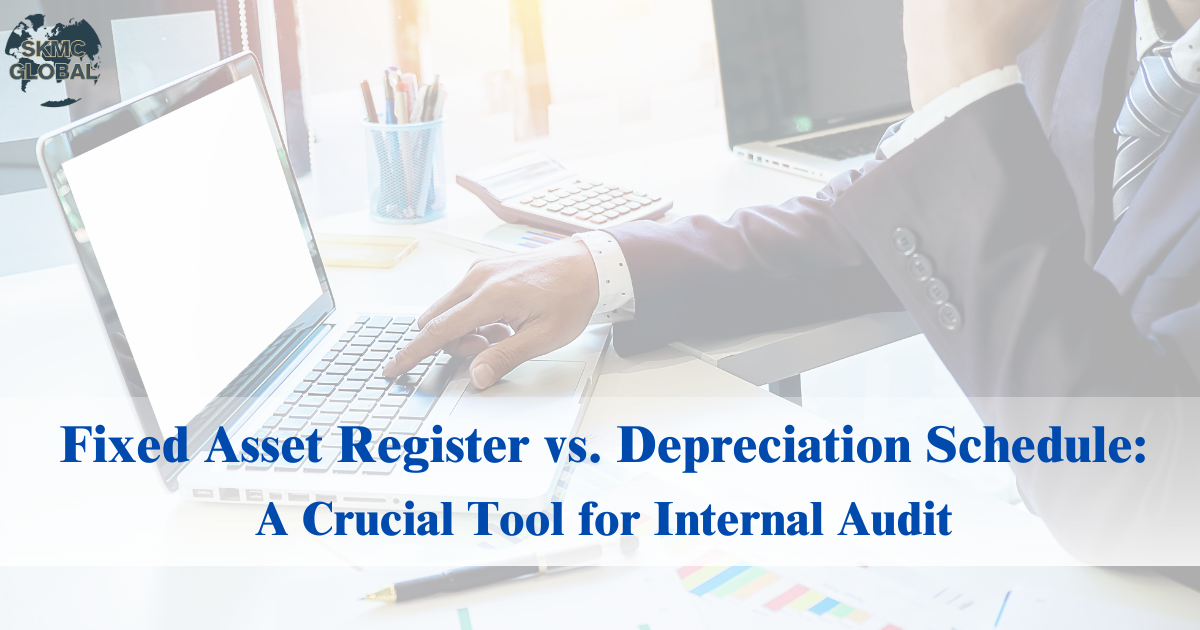
India’s labor laws form a complex and comprehensive framework aimed at protecting the rights and interests of workers across various sectors. These laws govern various aspects of employment, including wages, working hours, social security, occupational safety, and industrial relations. Understanding and complying with labor laws is crucial for employers to ensure a harmonious and productive work environment.
The relevance of labor laws extends beyond legal compliance. Adhering to labor regulations fosters a positive work culture, attracts and retains talent, and enhances the company’s reputation. For employees, labor laws provide a safety net, ensuring fair treatment, protection against exploitation, and access to essential benefits.
Regulatory Framework
The enforcement of labor laws in India is a shared responsibility between the central and state governments. The central government enacts labor laws applicable to establishments across the country, while state governments have the authority to implement and enforce these laws within their respective jurisdictions.
Key regulatory bodies involved in labor law enforcement include:
- Central Government: Ministry of Labor and Employment, Directorate General of Factory Advice and Labour Institutes (DGFASLI), Employees’ Provident Fund Organization (EPFO), Employees’ State Insurance Corporation (ESIC)
- State Governments: State Labor Departments, Factories Inspectorates, Provident Fund Commissioners, State Insurance Commissioners
Types of Acts in India
Labor laws in India can be broadly categorized into two types:
Central Labor Laws: These laws apply to all establishments across India, regardless of their location or industry. Some major central labor laws include:
- The Factories Act, 1948
- The Minimum Wages Act, 1948
- The Payment of Wages Act, 1936
- The Employees’ Provident Funds and Miscellaneous Provisions Act, 1952
- The Employees’ State Insurance Act, 1948
- The Industrial Disputes Act, 1947
- Protection of Sexual Harassment of Women, 2013
State Labor Laws: These laws apply to establishments located within a particular state and may vary from state to state. Some common state labor laws include:
- The Shops and Establishments Acts
- The Contract Labor (Regulation and Abolition) Acts
- The Maternity Benefit Acts
Challenges
The existing framework of labor laws in India faces several challenges, including:
- Complex and Fragmented: The vast number of labor laws, often overlapping and outdated, makes compliance difficult for employers.
- Regulatory Burden: The administrative burden of complying with multiple regulations, especially for small businesses, can be overwhelming.
- Inefficient Enforcement: The lack of adequate resources and manpower for enforcement often leads to non-compliance and exploitation of workers.
Recent Updates
Recognizing the need for simplification and modernization, the Indian government has embarked on a comprehensive reform of labor laws. The Four Labor Codes, which are in the process of implementation, aim to consolidate 44 existing labor laws into four simplified codes:
- The Code on Wages
- The Industrial Relations Code
- The Code on Social Security
- The Occupational Safety, Health and Working Conditions Code
These new codes are expected to streamline compliance, reduce regulatory burden, promote ease of doing business, and enhance the well-being of workers.
Conclusion
Labor laws in India play a crucial role in ensuring fair and just treatment of workers, promoting a harmonious work environment, and fostering economic growth. Employers should proactively engage with labor law experts to ensure compliance with the ever-evolving regulatory landscape. By adhering to labor laws, companies can invest in a sustainable workforce, build a positive reputation, and contribute to a more equitable society.
Recent Posts
-
 How to set up a Representative Office in Singapore...
Apr 14,2025
How to set up a Representative Office in Singapore...
Apr 14,2025
-
 BIS certificate for medical equipments...
Apr 09,2025
BIS certificate for medical equipments...
Apr 09,2025
-
 Fixed Asset Register v/s Depreciation Schedule: A ...
Apr 02,2025
Fixed Asset Register v/s Depreciation Schedule: A ...
Apr 02,2025
-
 Role of AI in Accounting...
Mar 26,2025
Role of AI in Accounting...
Mar 26,2025
-
 Capital Structure & its Impact on Profitability...
Feb 21,2025
Capital Structure & its Impact on Profitability...
Feb 21,2025
-
 Union Budget 2025...
Feb 01,2025
Union Budget 2025...
Feb 01,2025
-
 What is EPR in Plastic waste Management? ...
Jul 12,2022
What is EPR in Plastic waste Management? ...
Jul 12,2022
-
 Lithium-ion Battery Recycling Plant Setup in India...
May 10,2022
Lithium-ion Battery Recycling Plant Setup in India...
May 10,2022
-
 FLA Return and its compliance...
Feb 08,2022
FLA Return and its compliance...
Feb 08,2022
-
 Setting up E-waste Recycling Plant Setup...
Jan 12,2022
Setting up E-waste Recycling Plant Setup...
Jan 12,2022
-
 Process of closure of Branch office in India...
Dec 30,2021
Process of closure of Branch office in India...
Dec 30,2021
-
 Steps to Shut down the Liaison Office in India...
Sep 14,2021
Steps to Shut down the Liaison Office in India...
Sep 14,2021
-
 Procedure for closure of Project Office in India...
Aug 10,2021
Procedure for closure of Project Office in India...
Aug 10,2021
-
 Applicability of Labour Laws in India...
Jul 15,2021
Applicability of Labour Laws in India...
Jul 15,2021
-
 Basis to Outsource Finance and Accounting Services...
Oct 31,2021
Basis to Outsource Finance and Accounting Services...
Oct 31,2021
